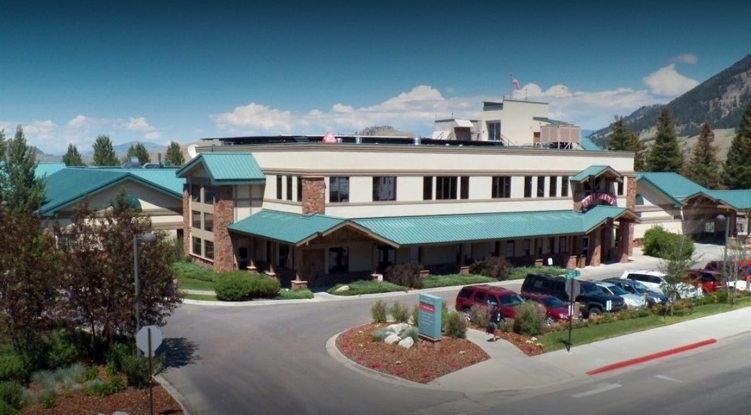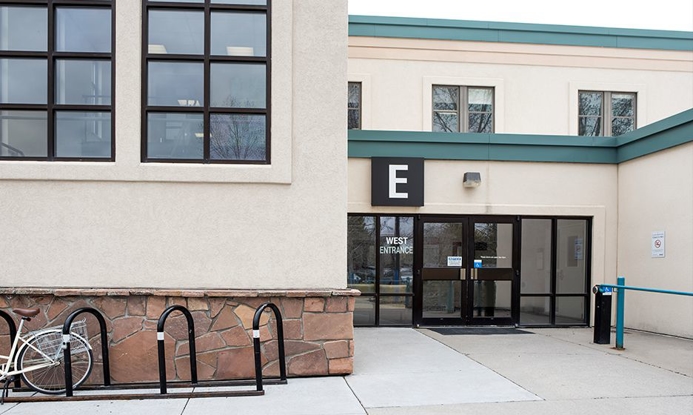
How Do I Prepare for My Surgery?
Jackson Hole Surgical Services
The St. John’s Health staff will make sure you receive thorough instructions on how to prepare and will be happy to answer any questions you have in the coming days.
Standard Surgery Preparation
- You may not eat or drink anything after midnight before surgery. This includes water, candy, chewing gum, mints and chewing tobacco. This information is important for your safety. If you do not follow instructions about not eating or drinking before your surgery, your surgery may be delayed or even canceled.
- A small sip of water may be necessary for taking medication or brushing teeth, but try to avoid it if possible.
- Do not smoke or drink alcohol for 24 hours before the operation.
- Use a special antibacterial soap (usually provided by your doctor) when bathing or showing the day before your surgery.
- Skin and nail bed color are indicators of blood circulation. Please remove any nail polish so that the team can monitor you..
- Remember that your body will probably be sore after the operation. Wear comfortable, loose clothes that will give bandages and surgical dressings plenty of breathing room.
- Leave jewelry at home, this includes wedding rings, piercings, necklaces, and any other valuables.
- It is recommended you bring no more than $5 cash.
- Do not use hairspray or wear hairpins the day of the surgery.
- It is fine to bring glasses, contacts, hearing aids, and dentures, but be prepared to remove them.
- Bring any relevant medical devices, including certain medical machines, an inhaler, cane, or anything else that is important in your day-to-day medical routine.
- You are not permitted to drive yourself home from the health system after surgery. Make sure someone is available to give you a ride to and from the health system.
Pre-Anesthetic Testing
An anesthesiologist may speak with you a few days before the surgery to perform a pre-anesthetic interview. This is an important evaluation used to learn more about how your body will react to anesthesia and whether or not you should stop taking medications.
These tests are not always performed. If you did not have one, be sure to bring a list of all the medicines you are taking and be prepared to explain to the doctor why you need it.
Make sure you tell your doctor about:
- Prescription drugs
- Over-the-counter medicines, including aspirin
- Herbal remedies
- Tobacco and alcohol
- Recreational drugs
According to the American Society of Anesthesiologists (ASA), you should stop taking herbal medicines two to three weeks before surgery. These supplements have long lasting effects that can interfere with anesthesia effectiveness.



